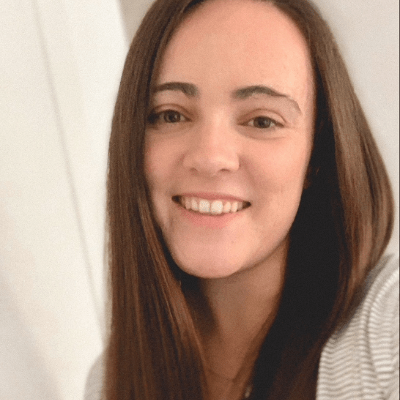 My name is Dr Caitlin Murray and I am a Research Fellow in CEDAR at the University of Warwick.
My name is Dr Caitlin Murray and I am a Research Fellow in CEDAR at the University of Warwick.
I completed a Cerebra-funded PhD at CEDAR and have been fortunate enough to continue to work at CEDAR as a Research Fellow, working on a variety of research projects. My primary role has involved working with a research team at CEDAR, including Professor Richard Hastings and Caitlin Williams, on the Cerebra 1000 Families study.
The Cerebra 1000 Families study was developed to follow a large cohort of families of children with a learning disability in the UK over time, to understand families’ experiences and how their experience changes over time. Two waves have been completed, with the third wave beginning in December 2021 and continuing through 2022.
About Me
Throughout my undergraduate and MSc Psychology degrees at the University of Southampton, I knew that I wanted to work with children with learning disabilities and neurodevelopmental disorders.
I took part in a placement at an autism diagnostic centre, and enjoyed meeting children and their families. I also volunteered at a play group, where many children had learning disabilities. I loved working with the children, and finding out what was important to them and their families.
When I started to look at what to do next, I applied for Assistant Psychologist roles as well as roles in schools. However, through my placement at the autism diagnostic centre, I was able to gain experience on different research projects which, along with my research experience during my studies, furthered my interest in pursuing a career in research.
I could see the real-world impact that research alongside people with learning disabilities and their families could have. When I saw that there were PhD projects available in this area, I was keen to apply.
In October 2018, I began a Cerebra-funded PhD looking at the mental health and wellbeing of children and young people with learning disabilities. While completing my PhD at CEDAR, I have also been able to gain experience working on other projects, including studies looking at early years support for children with learning and/or developmental disabilities and their families, as well as studies of interventions for families.
Most of my research is related to the mental health and well-being of children and adults with learning disabilities and their families, but I also work on a research project which is looking at the impact of an anti-bullying intervention in primary schools in England and Wales.
When I am not working, I enjoy playing tennis, seeing friends and family, reading, and finding new local coffee spots.
Thank you so much to all the families who have taken part in the 1000 Families study so far. I feel very proud to be working on this study, speaking and learning from families, and am proud to work with colleagues and within a department that focus on the impact of research for people with learning disabilities and the people who support them.
We look forward to sharing more information about our findings from the Cerebra 1000 Families study with you.









